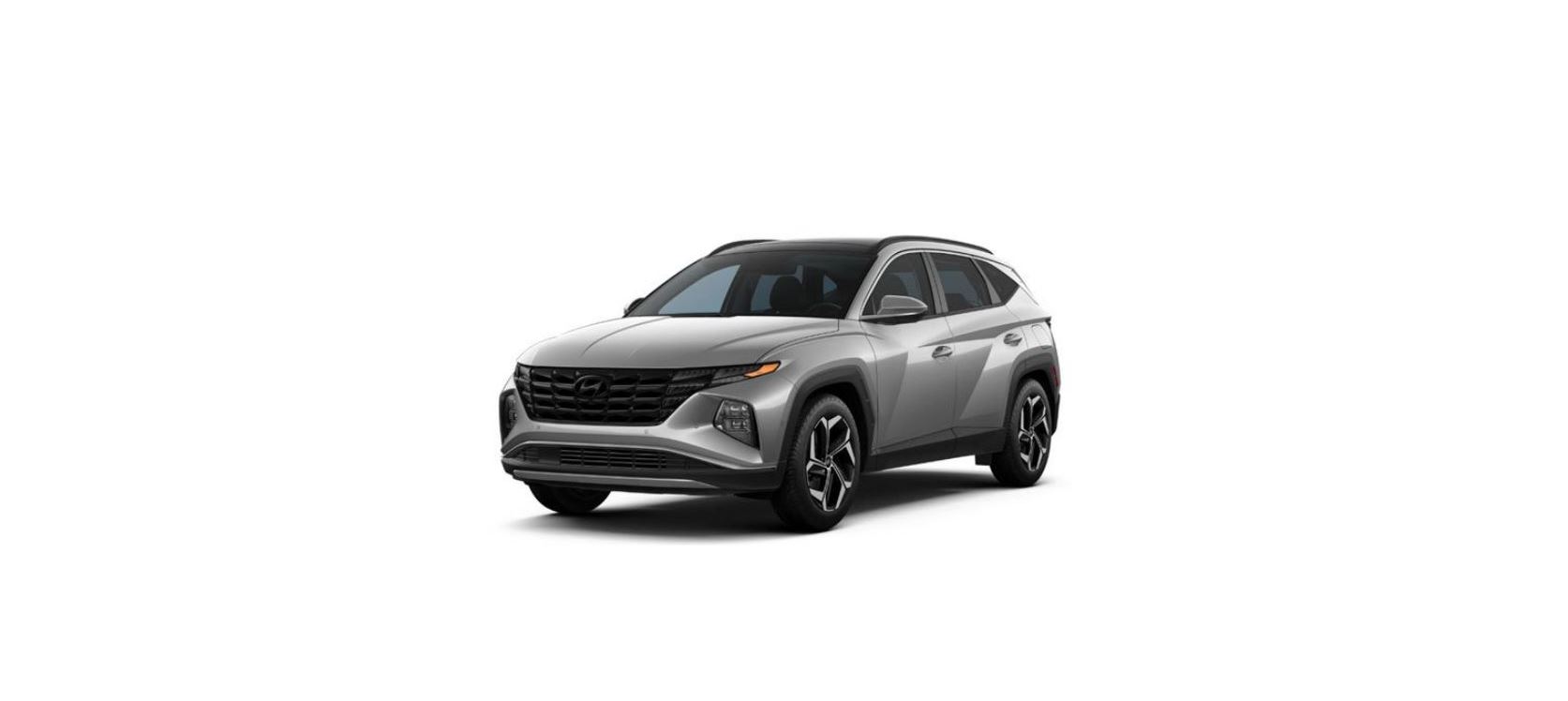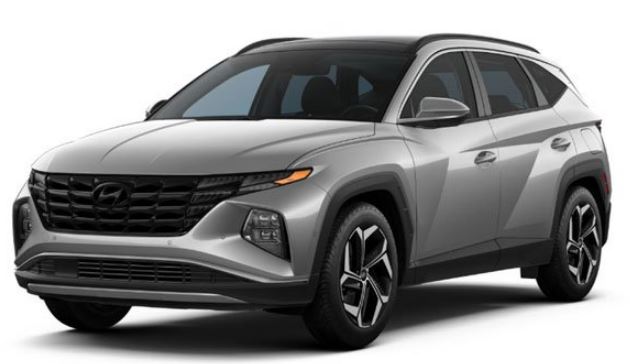2022 Hyundai Tucson Fuel Requirements User Manual




2022 Hyundai Tucson Fuel Requirements User Manual


FUEL REQUIREMENTS
Gasoline engine Unleaded
- Your new vehicle is designed to use only unleaded fuel having an octane number ((R+M)/2) of 91 (Research Octane Number 95) or higher. (Do not use methanol blended fuels)
- Your new vehicle is designed to obtain maximum performance with UNLEADED FUEL, as well as minimize exhaust emissions and spark plug fouling.
NOTICE
- To prevent damage to the engine and engine components, never add any fuel system cleaning agents to the fuel tank other than what has been specified.
- Consult an authorized HYUNDAI dealer for additional information.
WARNING
- Do not “top off” after the nozzle automatically shuts off when refueling.
- Always check that the fuel cap is installed securely to prevent fuel spillage in the event of an accident.
Gasoline containing alcohol and methanol
- Gasohol, a mixture of gasoline and ethanol (also known as grain alcohol) is being marketed along with or instead of leaded or unleaded gasoline. For example, “E15” is gasohol comprised of 15% ethanol and 85% gasoline.
- Do not use gasohol containing more than 15% ethanol, and do not use gasoline or gasohol containing any methanol. Either of these fuels may cause drivability problems and damage to the fuel system, engine control system, and emission control system.
- Discontinue using gasohol of any kind if drivability problems occur.
- “E85” fuel is an alternative fuel comprised of 85 percent ethanol and 15 percent gasoline and is manufactured exclusively for use in Flexible Fuel Vehicles. “E85” is not compatible with your vehicle. Use of “E85” may result in poor engine performance and damage to your vehicle’s engine and fuel system. HYUNDAI recommends that customers do not use fuel with an ethanol content exceeding 15 percent.
NOTICE
To prevent damage to your vehicle’s engine and fuel system
- Never use gasohol which contains methanol.
- Never use gasohol containing more than 15% ethanol.
- Never use leaded fuel or leaded gasohol.
- Never use “E85” fuel.
Your New Vehicle Limited Warranty does not cover damage to the fuel system or any performance problems caused by the use of “E85” fuel.
Using Fuel Additives (except Detergent Fuel Additives)
Using fuel additives such as
- Silicone fuel additive
- Ferrocene (iron-based) fuel additive
- Other metallic-based fuel additives
May result in cylinder misfire, poor acceleration, engine stalling, damage to the catalyst, or abnormal corrosion, and may cause damage to the engine resulting in a reduction in the overall life of the powertrain.
- The Malfunction Indicator Lamp (MIL) may illuminate.
NOTICE
Damage to the fuel system or performance problems caused by the use of these fuels may not be covered by your New Vehicle Limited Warranty.
- Gasoline containing MMT
- Some gasoline contains harmful manganese-based fuel additives such as MM (Methylcyclopentadienyl Manganese Tricarbonyl).
- HYUNDAI does not recommend the use of gasoline containing MMT.
- This type of fuel can reduce vehicle performance and affect your emission control system.
- The malfunction indicator lamp on the cluster may come on.
- Detergent Fuel Additives HYUNDAI recommends that you use good quality gasoline treated with detergent additives such as TOP TIER Detergent Gasoline, which help prevent deposit formation in the engine. This gasoline will help the engine run cleaner and enhance the performance of the Emission Control System. For more information on TOP TIER Detergent Gasoline, please go to the website (www. toptiergas.com).
- For customers who do not use TOP Tier Detergent Gasoline regularly, and have problems starting or the engine does not run smoothly, detergent-based fuel additives that you can purchase separately may be added to the gasoline. If TOP TIER Detergent Gasoline is not available, one bottle of additive added to the fuel tank according to the maintenance schedule is recommended (refer to the Maintenance Schedule in chapter 9).
- Additives are available from your authorized HYUNDAI dealer along with information on how to use them. Do not mix other additives.
Operation in foreign countries
If you are going to drive your vehicle in another country, be sure to
- Observe all regulations regarding registration and insurance.
- Determine that acceptable fuel is available.
Recent Posts
VW Jetta Engine Fuse Box Diagram
Access the comprehensive 2010-2018 VW Jetta Passenger Fuse Box Diagram to troubleshoot electrical issues effectively.…
VW Jetta Passenger Fuse Box Diagram
Explore the comprehensive VW Jetta Passenger Fuse Box Diagram to troubleshoot electrical issues effectively. Understand…
2023 Ford F-150 Lightning Fuse Box Diagram
Under Hood Fuse Box Location Remove the front luggage compartment cover. Under Hood Fuse Box…
2022 Kawasaki NINJA H2 SX SE Brake Lever Adjuster Owner’s Manual
2022 Kawasaki NINJA H2 SX SE Brake Lever Adjuster Owner's Manual NOTICE Only adjust the front…
2023 Land Rover Range Rover Evoque Exiting The Vehicle Owners Manual
2023 Land Rover Range Rover Evoque Exiting The Vehicle SINGLE LOCKING WARNING Before exiting the…
2023 Land Rover Range Rover Evoque Front Seats Owners Manual
2023 Land Rover Range Rover Evoque Front Seats FRONT SEAT SAFETY Make sure to read…


